Chelsey's June 2025 Reads | 15 Books
June officially felt like the longest month ever. When the month began, my kids had been done with school for a week. By the time it ended, we’d done VBS, swim lessons, church camp, Boy Scout camp, and I was in New Jersey with my mom and had been for several days.
Thankfully, my reading didn’t suffer. It was a fiction-heavy month partly because our youth group at church is reading some of the Narnia books this summer. June saw me finishing four of the Narnia books, which was a wonderful experience.
To begin with, I want to share my two favorite books from this month—one nonfiction and one fiction.
The Anthropocene Reviewed: Essays on a Human-Centered Planet by John Green
I read Green’s book on tuberculosis earlier this year and enjoyed it, so I decided to try this one. It turned out to be probably one of my top reads of this year. It is challenging, funny, self-deprecating, and realistic. Each chapter is an essay on a different topic, and at the end, he gives a rating out of 5 stars. Some of my favorite chapters were: Gingko Biloba, Canada Geese, Diet Dr. Pepper, and the QWERTY keyboard. This is a book for nerds, and I gladly count myself among the nerds.
The Silver Chair by C.S. Lewis
It has been decades since I read any of the Narnia books, and until this year’s re-read I would have said The Voyage of the Dawn Treader was my favorite. But reading The Silver Chair as an adult made it land differently, and suddenly I saw that the Witch is really just a narcissist wearing the clothes of an enchantress. It is a picture of an abusive relationship—there is gaslighting and love bombing and when she finally can no longer twist the truth, we see her true colors. Puddleglum is now my current favorite book character, and no one can convince me otherwise. Listen to this sick burn he gives the Witch after she tries to convince them that their memories of the world above ground are false:
Suppose we have only dreamed, or made up, all those things—trees and grass and sun and moon and stars and Aslan himself. Suppose we have. Then all I can say is that, in that case, the made-up things seem a good deal more important than the real ones. Suppose this black pit of a kingdom of yours is the only world. Well, it strikes me as a pretty poor one.
June Fiction
I read a total of 9 fiction books this month, including The Silver Chair.
Games and Rituals by Katherine Henry
This is a book of short stories, and it got off to a great start. Unfortunately, it went downhill from there.
The Lion, the Witch, and the Wardrobe by C.S. Lewis
This book brought me to tears even though I knew the entire plot before it happened. All mentions of Aslan brought weeping. If you’ve never read this book, or if you haven’t read it in three decades, or if your children haven’t read it—read it!
I have vivid memories of watching the BBC television production of this book, but my memory of the actual plot was hazy. This made re-reading the book a delight. I also found myself weeping at this quote, especially after writing my post On the night he was betrayed:
"Well, there's just this," said Edmund, speaking quickly and turning a little red. "When we first discovered Narnia a year ago—or a thousand years ago, whichever it is—it was Lucy who discovered it first and none of us would believe her. I was the worst of the lot, I know. Yet she was right after all. Wouldn't it be fair to believe her this time? I vote for going up."
One funny thing about re-reading the Narnia books this summer is that I bought Kindle versions of the book for 99 cents on Amazon. I don’t know who published these eBooks, but they all refer to Narnia as Ntinglea. I wasn’t sure what was going on until I ran across the word warning, written as wtingleng. This led to me realizing that anytime the letters A-R-N-I appeared in the books, it was replaced with the letters T-I-N-G-L-E. The mystery remains. Long live Aslan, king of Ntinglea.
I also love C.S. Lewis because he seems to be very pro-women and girls. Consider this quote, which made me laugh out loud:
"That's the worst of girls," said Edmund to Peter and the Dwarf. "They never can carry a map in their heads." "That's because our heads have something inside them," said Lucy.
The Voyage of the Dawn Treader by C.S. Lewis
My newfound love for The Silver Chair in no way negates my love for this book. Eustace’s transformation from dragon back into tolerable and even kindly human boy is a beautiful picture of coming to know Jesus and being given a heart of flesh. My re-read also led to finding some other quotes that now hold a special place in my heart, like this one:
…one of the most cowardly things ordinary people do is to shut their eyes to Facts.
And then a painful but realistic depiction of the loneliness of sin and shame:
He wanted to be friends. He wanted to get back among humans and talk and laugh and share things. He realised that he was a monster cut off from the whole human race. An appalling loneliness came over him. He began to see that the others had not really been fiends at all. He began to wonder if he himself had been such a nice person as he had always supposed. He longed for their voices.
I won’t even go into the joy of Reepicheep. This book was a delight to read again after so many years.
I know I read this book as a child, but I don’t remember much about it at all. I knew Gollum showed up and there was a dragon. It was a delight to read this. It was so funny.
The Candy House by Jennifer Egan
I wanted to love this book because a good friend recommended it, but it was a mediocre read for me. It is related to the author’s first book, which I haven’t read, but it can be read on its own. I think part of my struggle was keeping up with all the characters on audio. I spent a lot of mental energy trying to remember how everyone was related, and in the summer, I don’t have that energy to spend. That said, it was a well-written book.
This is the first book in the Dublin Murder Squad series by Tana French. There is a later book in the series that is the best known, The Likeness, but I wanted to start at the beginning. As a detective novel goes, it is complex and nuanced. I did find myself getting bogged down in the writing a little bit. However, the portrayal of two narcissists in the book made me like this book even more.
The Westing Game by Ellen Raskin
This book was published in the 70s and is geared toward a middle-grade audience. I don’t know how I didn’t read it in my own childhood in the 90s, but I didn’t. I wanted to see why it won the Newberry (or, Newbery, as the cover says?) and make up for not having read it before. It was a good read, although a bit confusing on audio. If you want a family-friendly locked-room mystery, this is a good choice!
Nonfiction
The Elements of Style by William Strunk and E.B. White
This book gets quoted in almost any book on writing, and for good reason. I included it as part of my summer learning plan and found it helpful as I think about writing longer essays for my Substack.
Big Dumb Eyes: Stories from a Simpler Mind by Nate Bargatze
If you’re not familiar with Nate Bargatze, here is one of my favorite of his skits from when he was on Saturday Night Live:
He’s clean, he’s funny, and his delivery is deadpan—my favorite kind. Because of my love for him, I was excited to read his new book, but unfortunately, I did not enjoy it. It felt like he was trying too hard. I didn’t find it funny at all. If you want to see him at his best, watch some of his old standup videos on YouTube.
We Carry Their Bones: The Search for Justice at the Dozier School for Boys by Erin Kimmerle
This book is about the actual investigation into the school depicted fictionally in The Nickel Boys, one of the most powerful bokos I’ve ever read. While I found this book to be a bit boring at times in terms of all of the legal and scientific language, it is still a compelling book.
Spiritual
I only read two books in this category this month, mostly because both books were commentaries on books of the Bible. Each day I read a chapter from the book and the corresponding passage of Scripture. It was slow-going, but so rich. I won’t go into detail about either because they’re pretty self-explanatory, but if you’re looking for excellent commentaries that can do double duty as devotionals, these are it!
Here’s one of my favorite quotes from the Joshua book:
Most of God’s gifts to his people are not dazzling and gaudy but wrapped in simple brown paper. Quiet provisions of safety on the highway, health of children, picking up a paycheck, supper with the family—all in an ordinary day’s work for our God.
Joshua: No Falling Words by Dale Ralph Davis
Judges: Such a Great Salvation by Dale Ralph Davis
Those are all my books for this month! I’d love to know what you read in June.


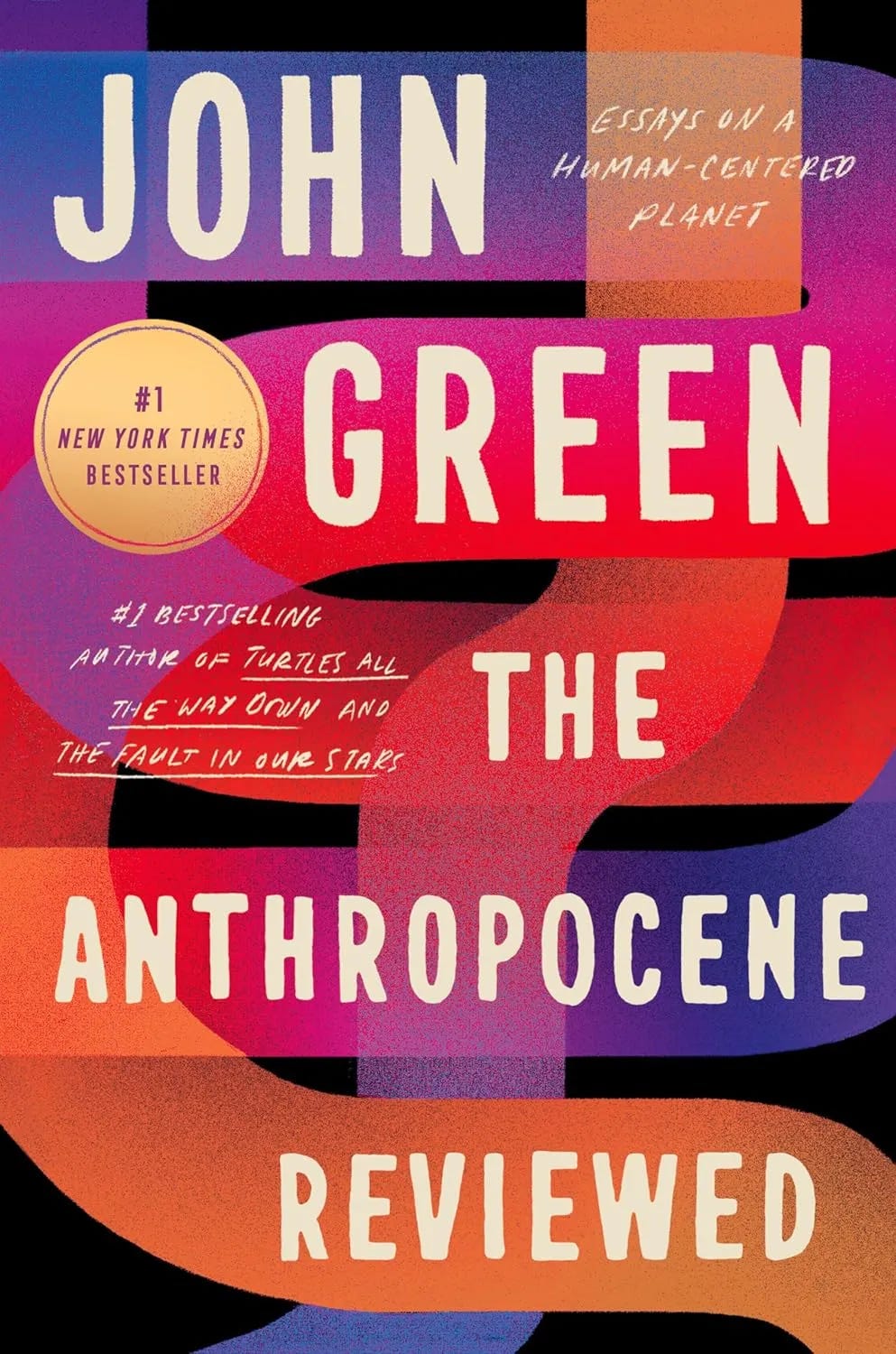
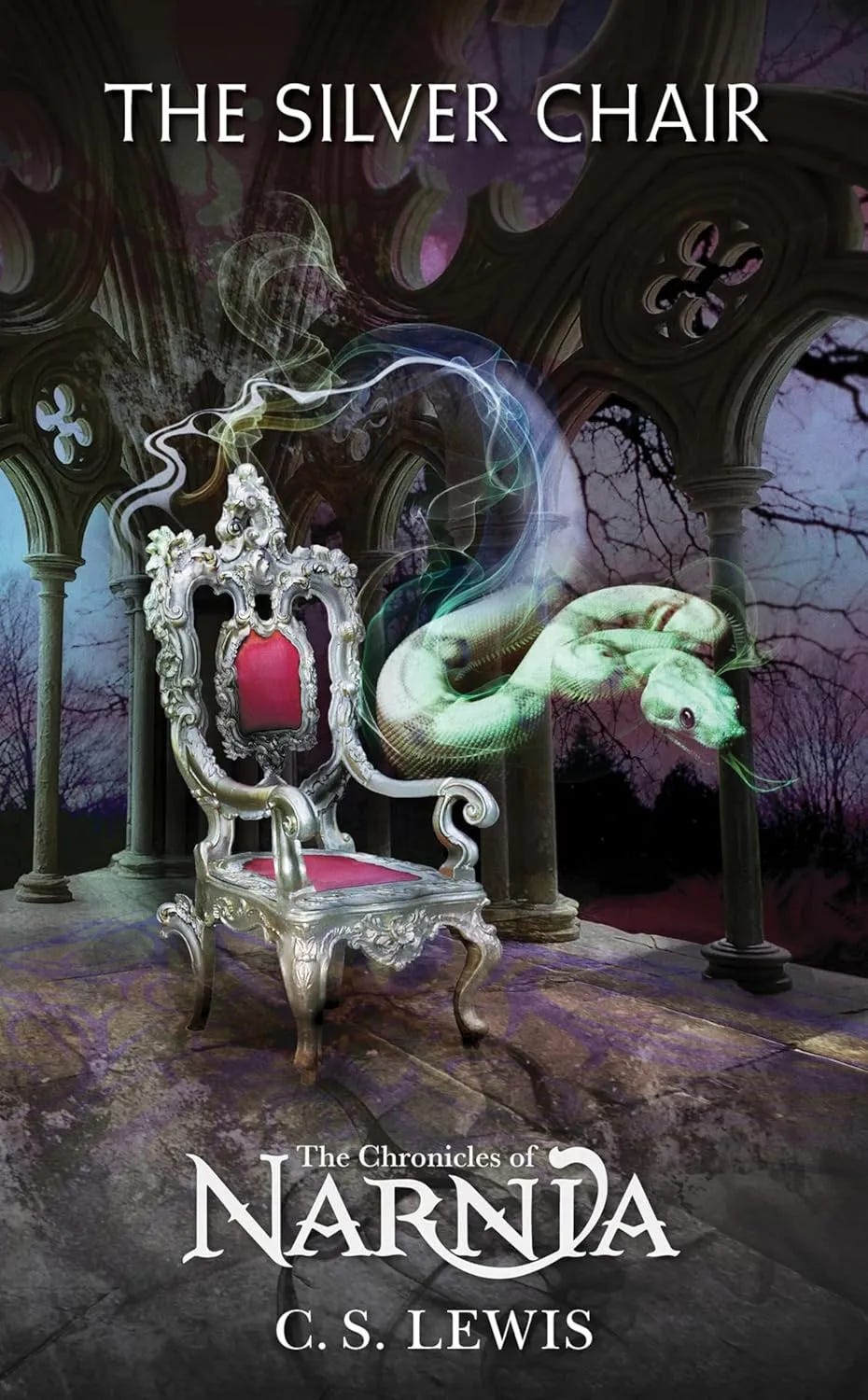
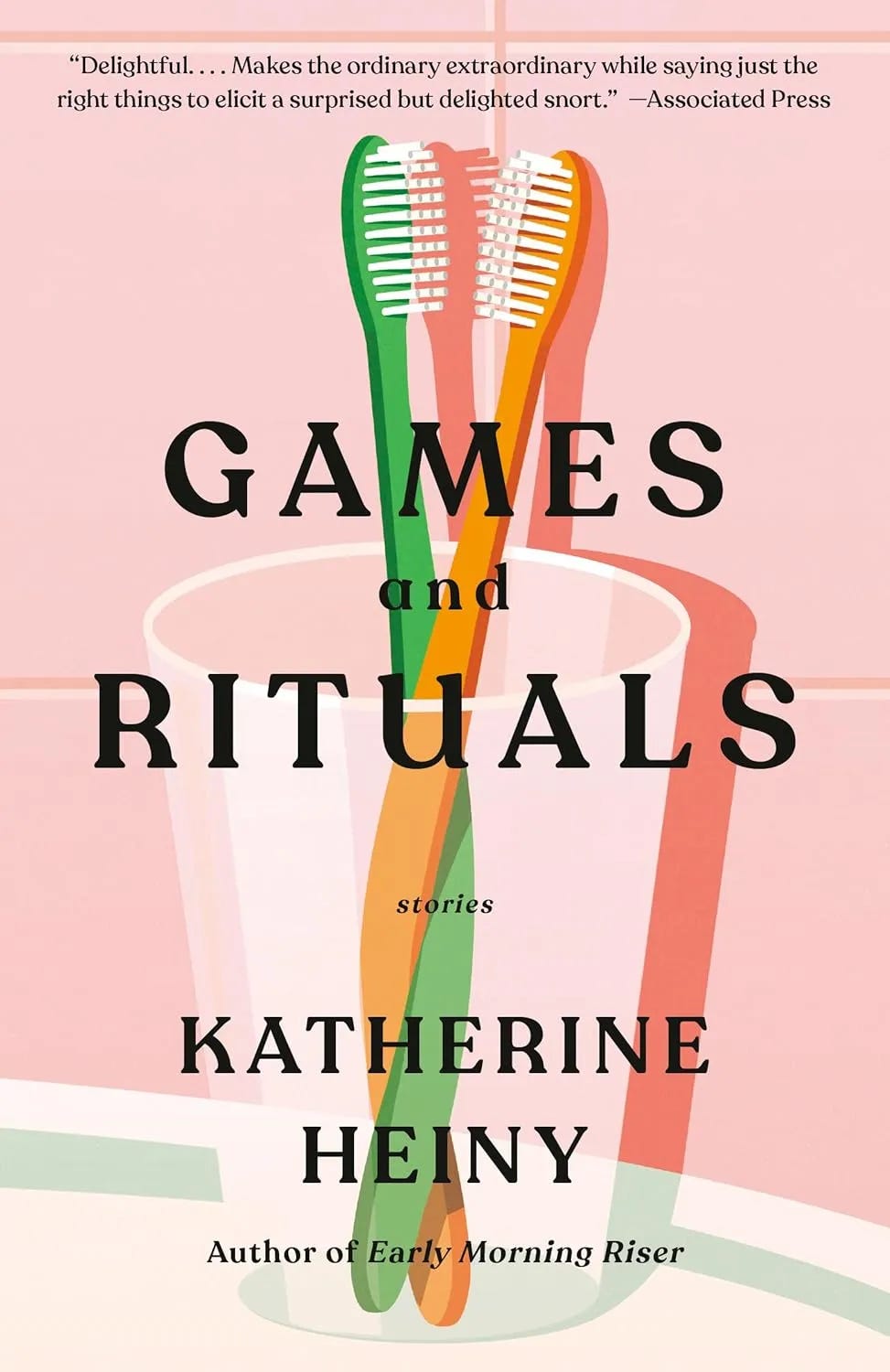

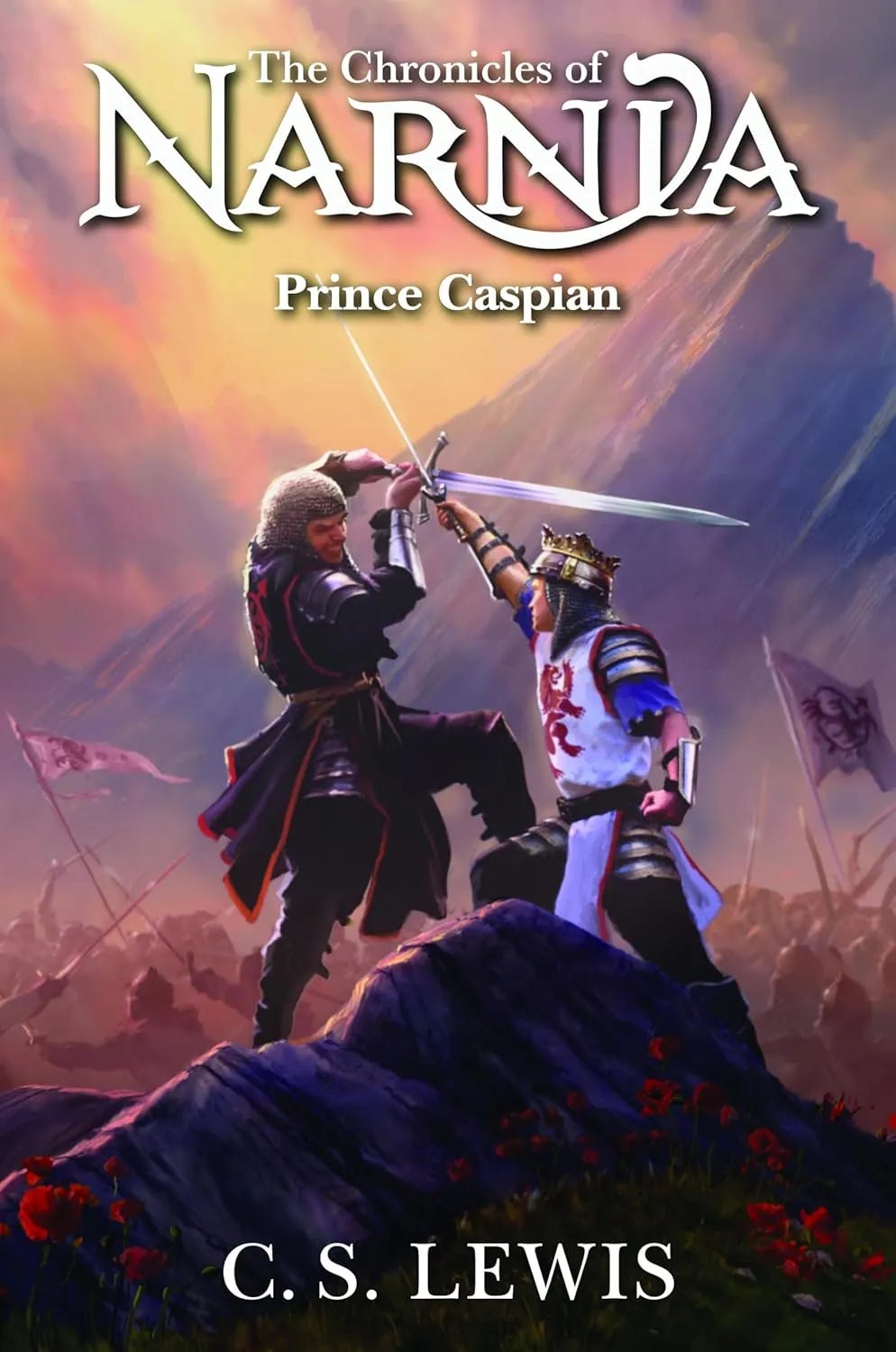
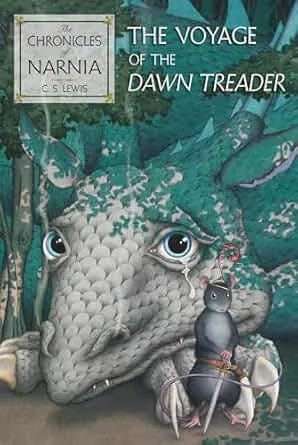
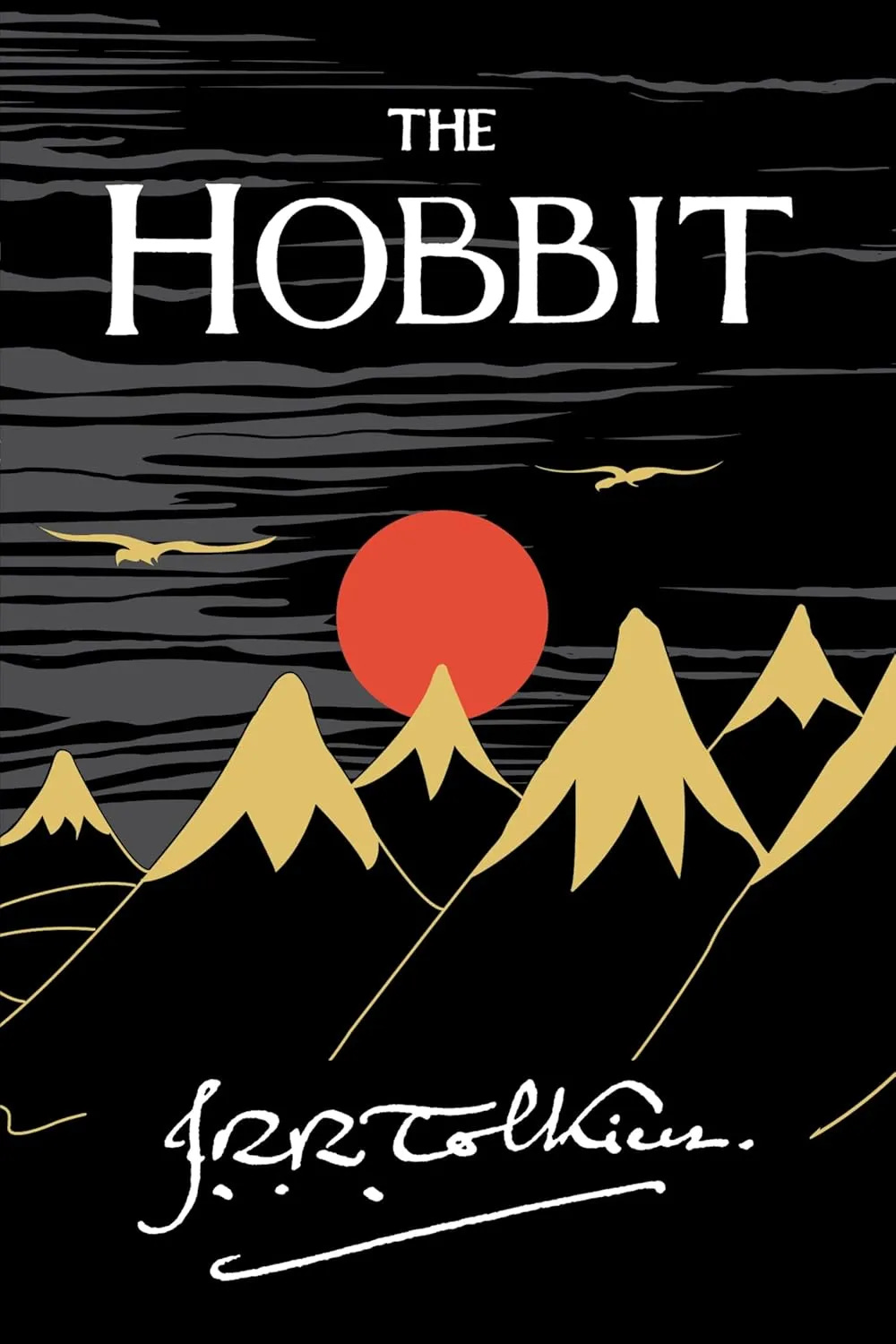
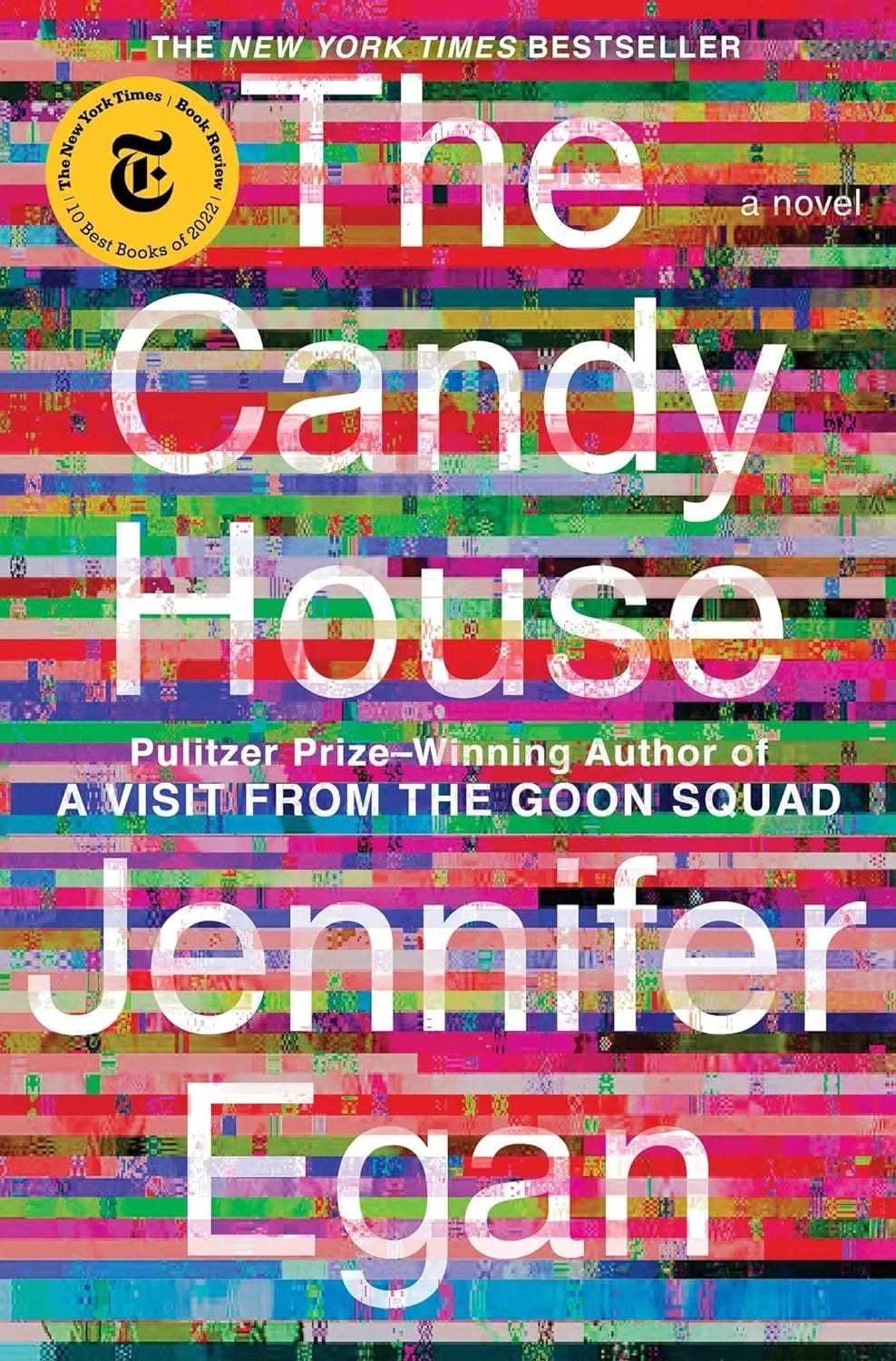
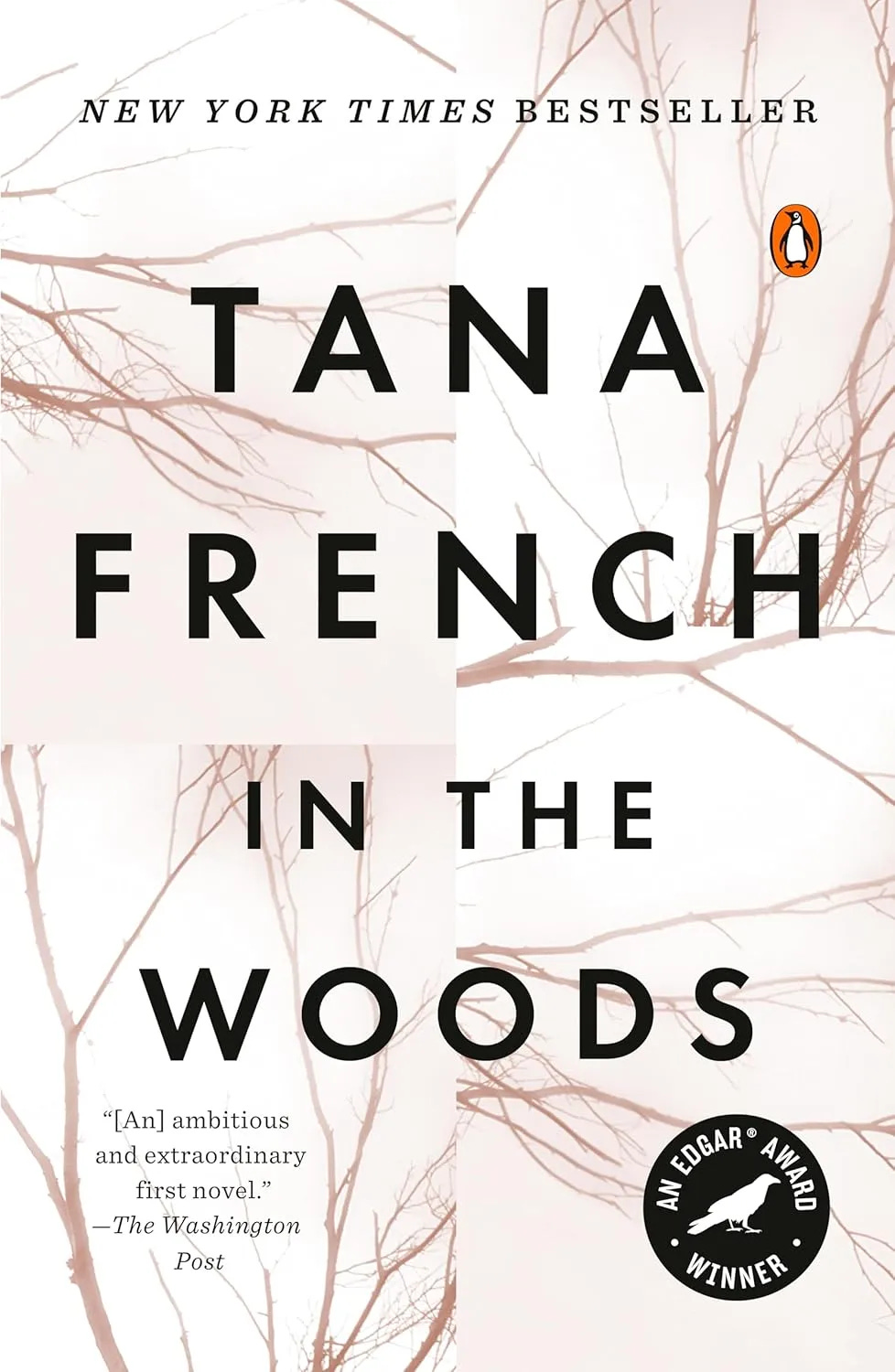
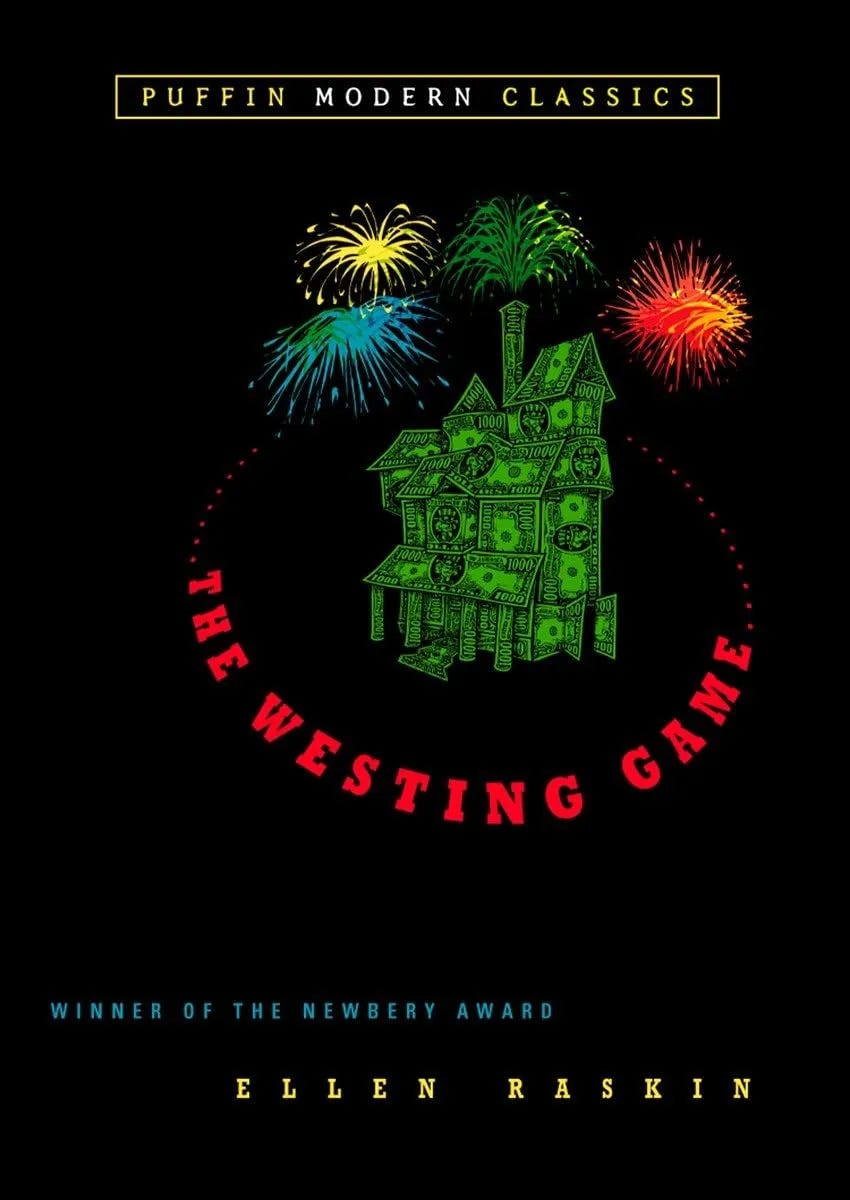
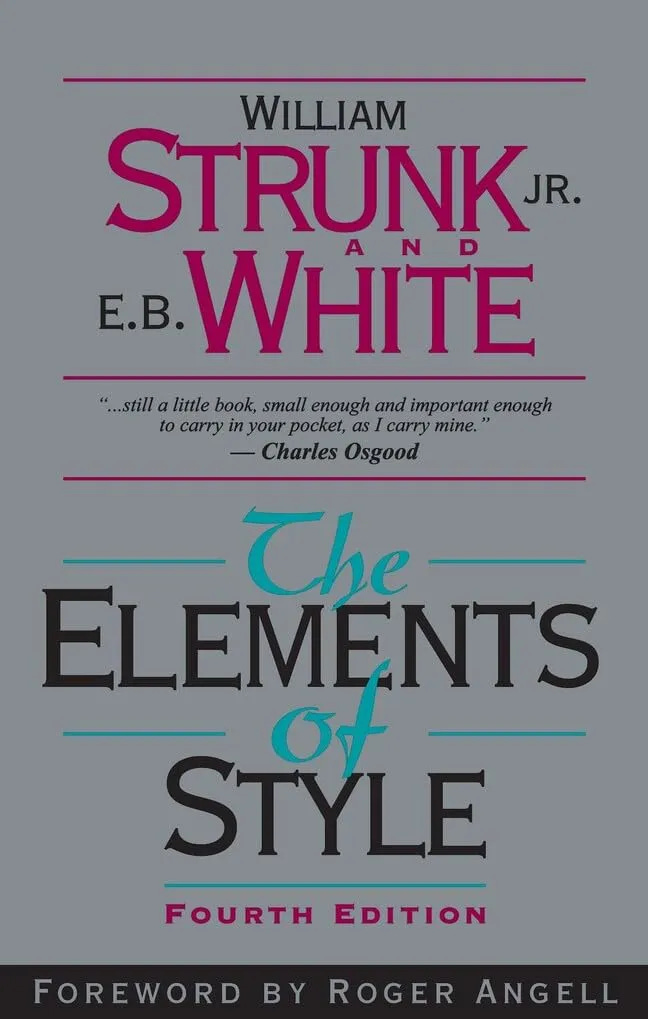
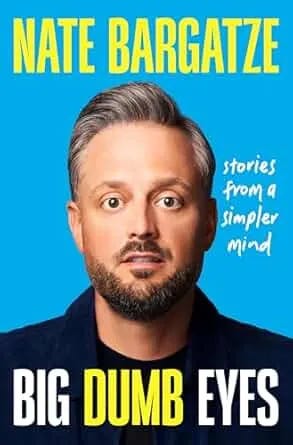
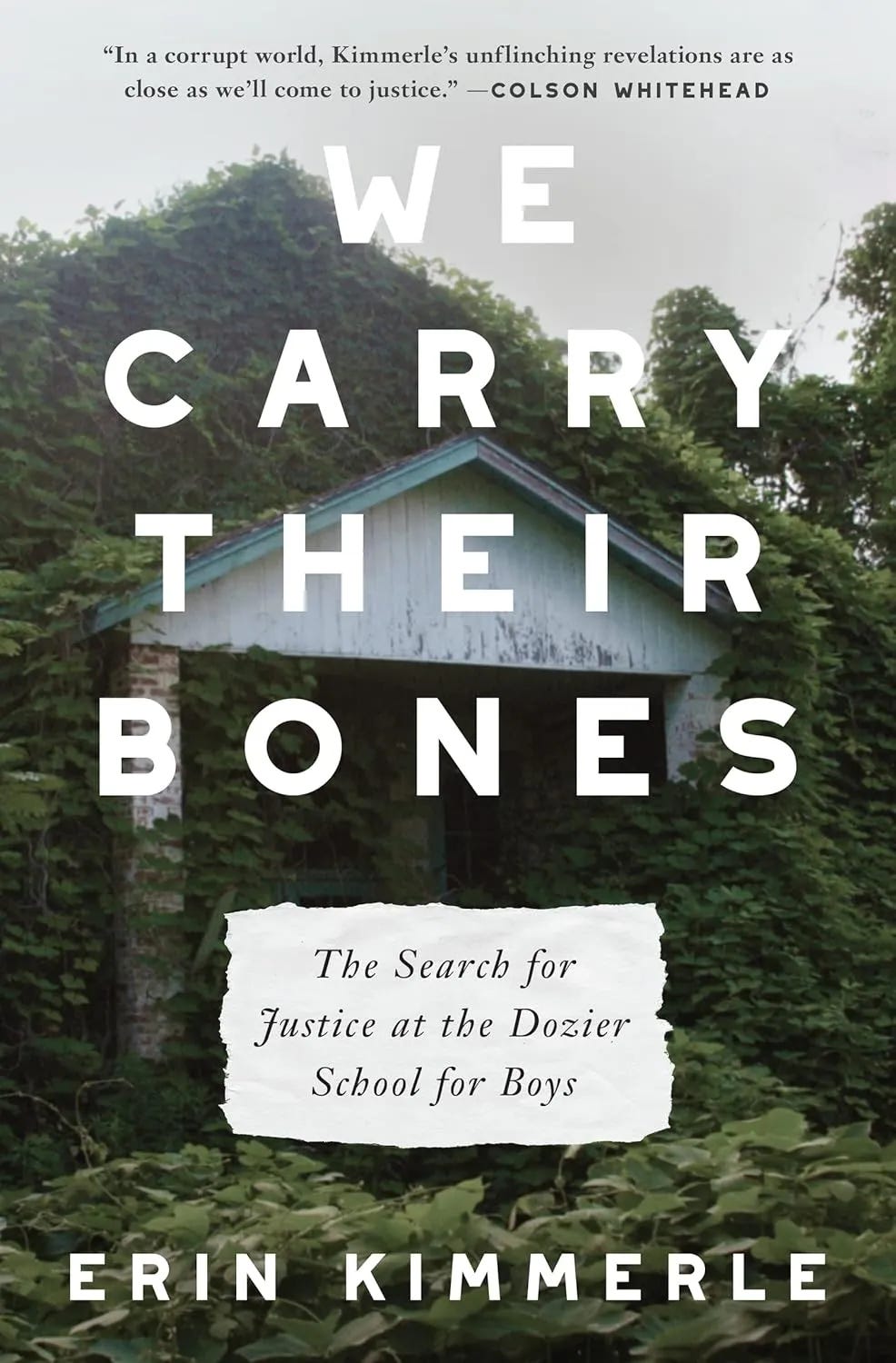
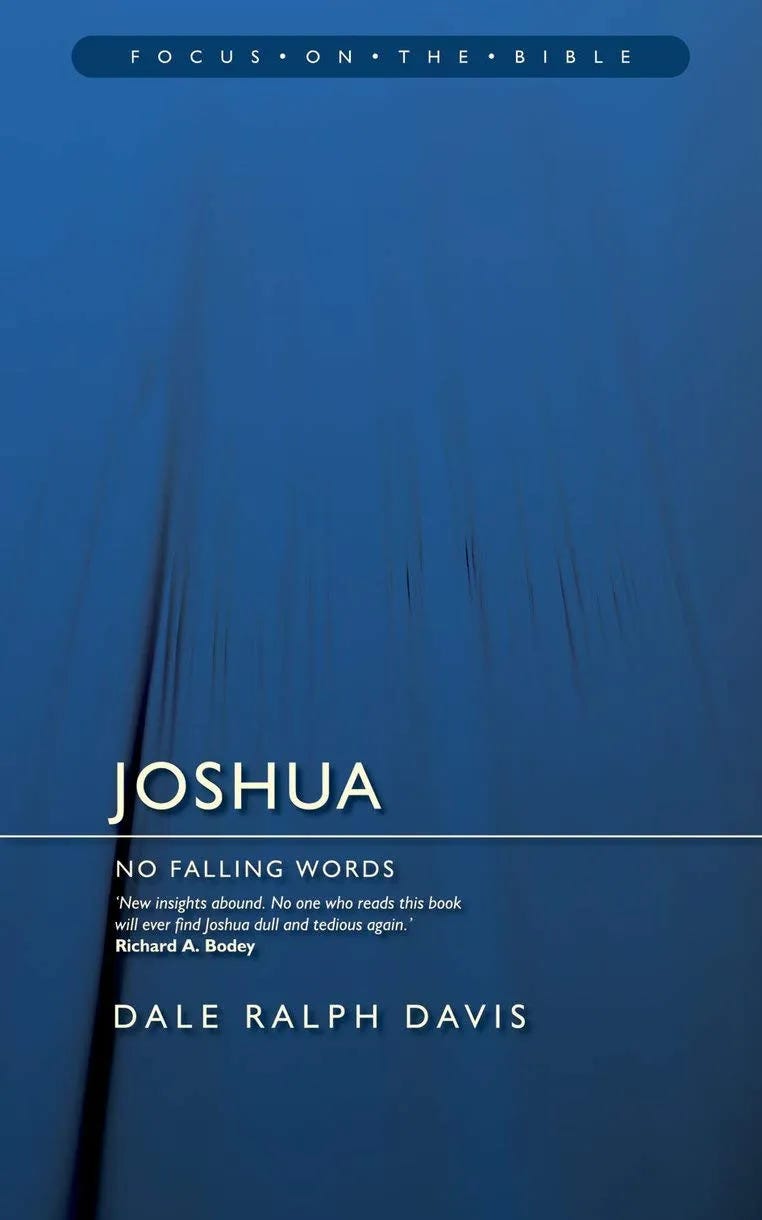
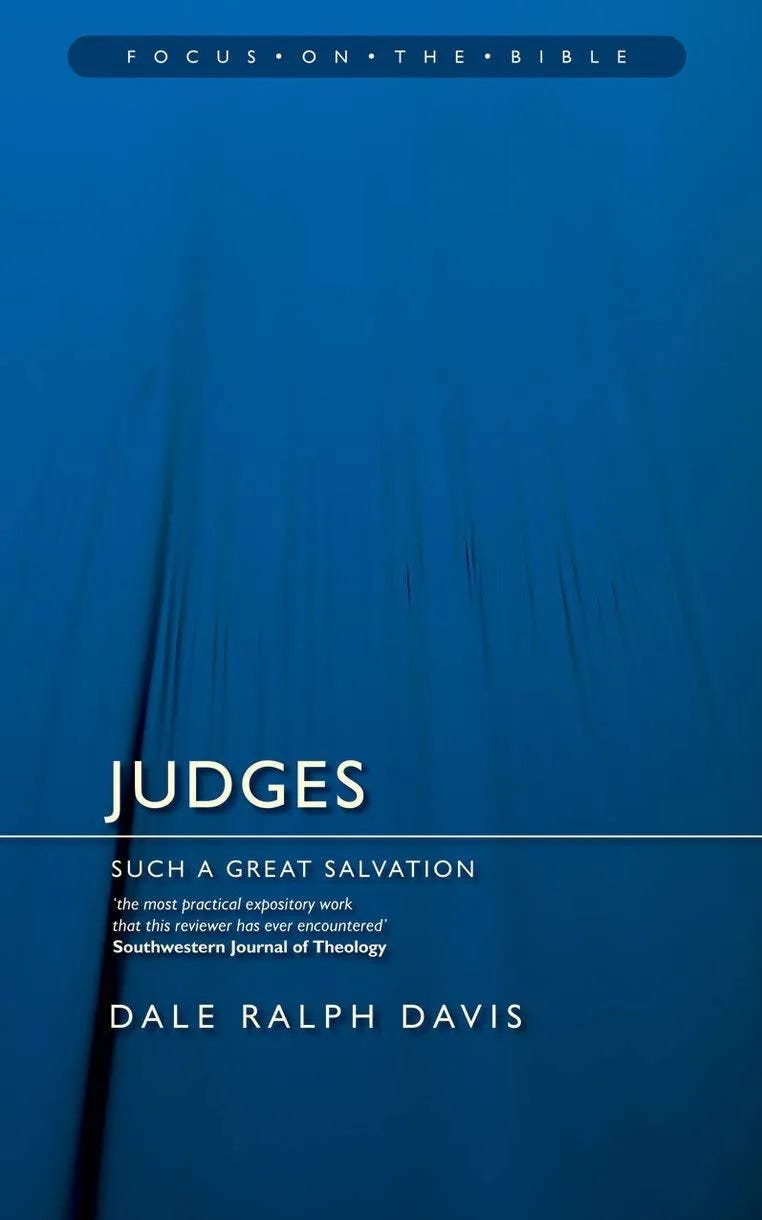
I love the variety in your reading, Chelsey! I'm so glad you loved Anthropocene Reviewed. I've enjoyed a few of his YA books and didn't really know what to expect when I read Anthropocene, but it easily landed a spot on my favorites list the year I read it. I hope your July reading is going well!